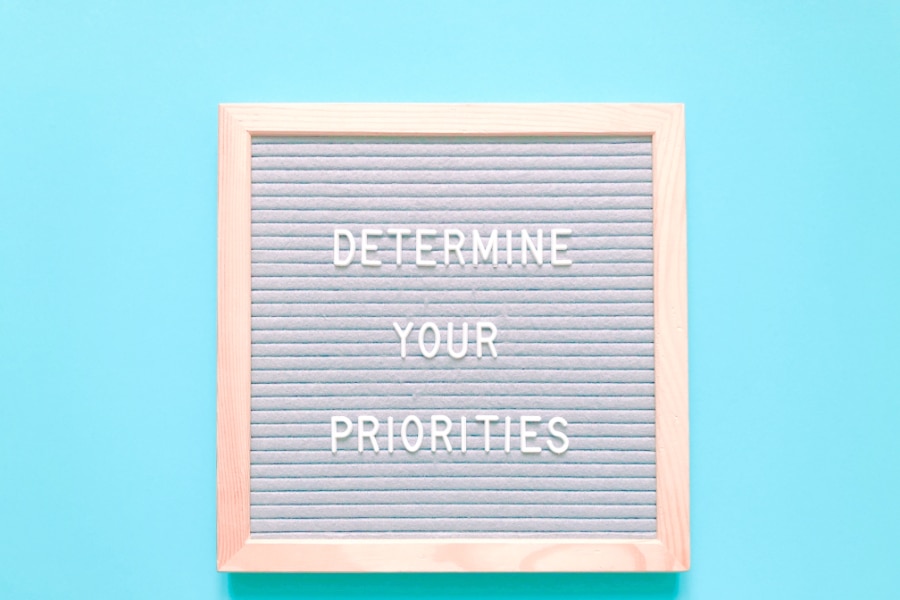Some kids, and parents, can’t wait to go back to school. Though for some, it is full of stress and anxiety, which can extend through to the rest of the family. This is more common, especially if it is starting big school, high school or moving to a new school.
There are new skills to learn, kids and teachers to meet, new classroom and playground dynamics, and even new systems and dynamics at home.
How your child responds to this exciting time is often dependent on how the mum’s, and dad’s, are coping with it themselves. The best thing that you can do for your child is to be excited yet stay calm, listen to them and find out how you can be supportive.
Supporting them to settle in the first few weeks, or the whole term, sets the foundations for a great year.
Starting big School
Every child is different and will take their own time to settle in. I know it took until Term 3 for my son to go independently into the kindergarten classroom. I would have to literally peel him off my leg and attach him to the teacher every day. Once I was gone, he was fine. Then one day, he decided he was OK. Be assured that the fear or lack of confidence or whatever it is, doesn’t necessarily last. He went on to be School Captain and is off to Rome with a student exchange program for 10 months, just before his 16th birthday.
Some tips on settling in:
- Be organised yourself – If you are rushed and stressed it will rub off on your child. They do not yet know how to pack what they need. If they don’t have their lunch box or library bag when they need it, it can be quite traumatic for some.
- Be interested – ask what they did at school. They will often say ‘nothing much’. Ask ‘yes’ or ‘no’ questions and follow up with ‘tell me about that’. Sometimes you need to listen for what they are not saying. Get them to help you check their bag for notes or swashed sandwiches.
- Sleep – they will be really tired at first, but will adapt quickly. Make sure they get enough sleep and don’t enrol them in after school activities.
- Get to know their teacher – find out what is expected in the class and how the class operates and how they think you child is settling in.
Starting High School
Some kids are ready and champing at the bit to get to high school and others may not feel that they are emotionally or socially ready despite being the right age. They may be going to a school with lots of friends from Primary School or they may know no one. So regardless of the situation they just need your support. My other son was the only child from his Primary School but found he knew numerous kids that he had met from inter-school sport or weekend sport.
- Be prepared – assist them to be organised. Teach them to understand the timetable for classes as well as public transport if they use it. Get uniforms and books ready the night before.
- Sleep – there is a lot more going on at high school and can be tiring for some. Minimise after school activities for at least Term 1 and see how your child settles in. If they are tired or feeling anxious about keeping up, fitting in or whatever else, having to participate in music, dance or sport after school could feel more like pressure than a positive outlet. Make sure they get enough sleep.
- Be interested – ask how their day was, what did they do? At this age communication with parents seems to get very sparse and may not be forthcoming when it suits you. Be prepared to listen when they are ready to share, even if it is inconvenient for you. Find out if they have homework or assignments and when they are due. Assist your child to learn about time management.
- Encourage them to ask for assistance – If they are not sure where they need to go, what to bring to school or do in class, to ask the teacher. Ensure them that there will most likely be others in the class who need to ask the same question.
Starting a new school
Once again different kids respond differently. As we moved around my daughter ended up going to 3 Primary Schools and 2 High Schools. Her grades picked up with each move, she became more independent, able to make new friends and very good at adapting to change. She now has friends around the state that she is still connected with.
- If the move has come about due to a bad experience at a previous school it will be important to listen to your child’s experiences and concerns. If you are concerned about your child at Primary School, talk to the class teacher, Principal or School Councellor or at High School the Year Advisor, Welfare Officer or Counsellor. If they know there has previously been a bad experience they are more likely to pick up on signs that your child is having difficulty settling in.
- Talk about the differences – what’s good, what’s not so good and how to enjoy the changes.
.
General Tips
- Education is a collaboration between the school, teachers and parents – be an active part of the team.
- Personality clashes – there is always the possibility of personality clashes between the student and teacher or other students, exactly how this may happen in the workplace. Encourage your child to deal with these themselves in a mature way. Suggest some of your problem solving strategies.
- Understand the School rules – Schools are all very different these days to what you went to and also vary from area to area and school to school. What are the procedures if your child is running late, needs to leave early or is sick; the discipline policy etc. Work with the system, it is there to support everyone.
- If you are concerned – talk to the teacher or someone who can do something about it. Many schools have a school counsellor who can be of great support. The Parents and Citizens Association (P&C) within a school are there to support you and the school. They are the voice of the parents. Attend the meetings. Many schools are great schools due to the support of an active parent body. There are no solutions from complaining to other parents about your concerns.
We all want the best for our children and we often do not realise how our own fears and anxieties can be inadvertently detrimental to them. Manage your own emotions, help your child to understand theirs and support them to find their own solutions to problems.
New experiences are something to get excited about, not to fear.






